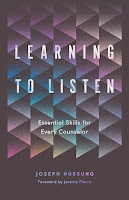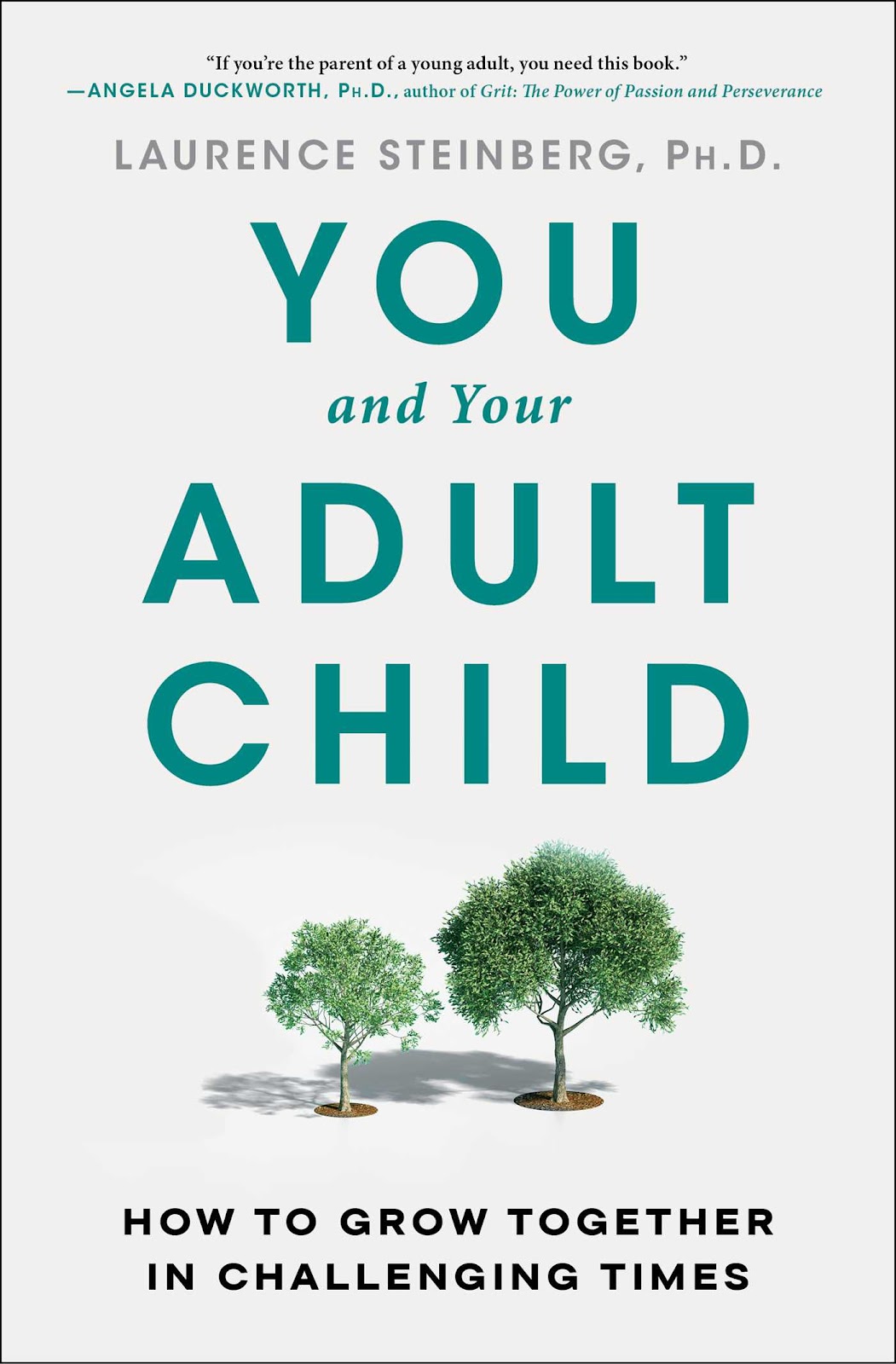I’d heard numerous recommendations about this book from people in the counselling space, so was keen to read it. I can see why it has been well-received. Apparently, Dr Smith, a UK psychologist, became well-known during the pandemic for producing mini videos about mental health and self-help. This book sprung from that; she wanted to provide various psychological tools in a format that people can access for themselves:
“The tools in this book are mostly taught in therapy, but they are not therapy skills. They are life skills. Tools that can help every single one of us to navigate through difficult times and to flourish.” (p3)In essence, it’s a toolkit, ordered by category, to help people have the “tools in place to build resilience and the ability to tolerate distressing emotions safely. There is such power in understanding the many ways you can influence how you feel and nurture good mental health”. (p4)
As such, it’s not really designed to be read cover to cover (although I found that quite valuable). It’s designed to pick up and open to the area you want to focus on. Eight major areas are covered
1. Dark places. Understanding low mood and how to address it.
Mood is “not all in your head. It’s also in your body state, your relationships, your past and present, your living conditions and lifestyle. It’s in everything you do and don’t do, in your diet and your thoughts, your movements and memories.” (p14)
“Thoughts are not facts. They are a mix of opinions, judgments, stories, memories, theories, interpretations, and predictions about the future.” (p38)She encourages giving attention to the basics: exercise, sleep, nutrition, routine, human connection.
2. Motivation. How to activate changes, big and small.
3. Emotional pain. How to understand emotions, what to do with them and how to support someone.
4. Grief - entwined with some grief theory to aid with understanding what you are experiencing.
5. Self-doubt - how to deal with criticism and disapproval, and how to build confidence
6. Fear - focusing in on anxiety, what makes it worse and ways to address it.
7. Stress - why some stress is good, and how to make it work for you.
8. A meaningful life - having a values-driven life, rather than wanting to be happy.
The final section includes 2 action plans: a panic attack guide and an anxiety action plan. Both of these are useful tools, although many might benefit from doing such work with a counsellor or psychologist. A lot of it is sourced from cognitive behavioural therapy (CBT), compassionate-focused therapy (CFT) and mindfulness approaches. All of these have strong evidence bases for their effectiveness and are widely used in therapy.
For those who want to put the work in themselves, there is a lot that is valuable here. It’s also a book I’ll use in a professional capacity and a good one to have on the shelf. Good, solid suggestions for growing a healthy mind and body.




























